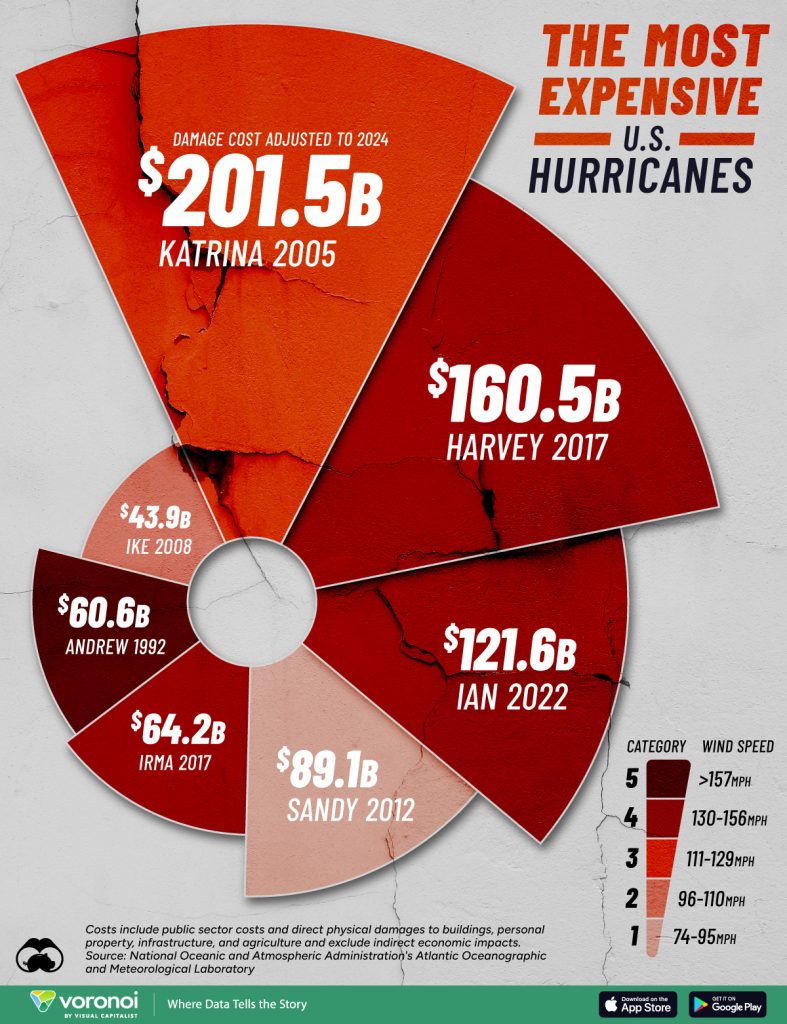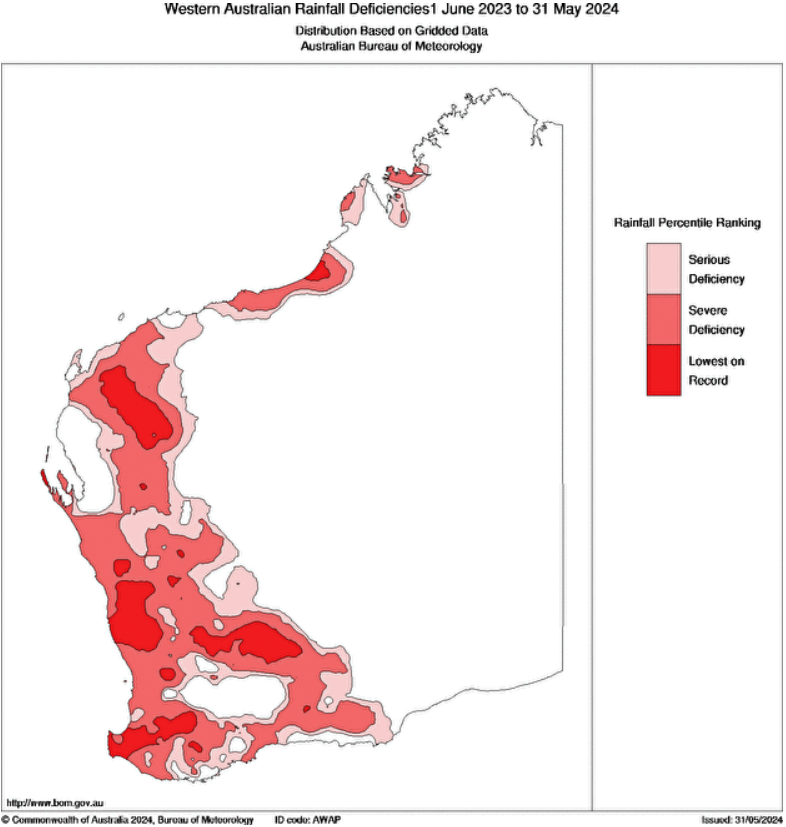Paul Murray starts us off with an article that is typical of the thoughtless rhetoric of his editorial column.
Murray’s position is one where he assumes everyone of his readers assumes the same subject position as him; wealthy, white, male, upper middle class and absolutely entitled. In this piece he assures us that representative democracy is broken because people forced to choose preferences as they vote are accidentally choosing things that don’t suit their interests.
Like the vile Greens party.
The unexpressed assumption of Murray’s argument is that the people of Australia are too stupid to understand their own political will, or the voting process. When this leads to increased seats for the Greens, that means we should change the democratic system to ensure more votes for the LNP.
There is no similar reflection that maybe the two major parties benefit from preferential voting, or discussion of what policy decisions actually reflect or work for the interests of Australia. Just a whole bunch of name calling and insinuation that if Greens are elected, then the system is broken.
Interestingly, exhibit one for the argument is Senator Payman, who really has nothing to do with the Greens but famously crossed the floor and voted against her party in support of Palestinians in Gaza. Payman was the target of Murray’s column last week, where she was lambasted for expressing a personal political opinion in federal parliament. With his typical hypocrisy, Murray derides Payman for actually using the House of Representatives for representing the views of many people of Australia… without ever reflecting whether doing so was the right thing to do, or whether it is morally and politically defensible. Instead of engaging with the substance of the actual issue, Murray instead assumes that democracy is broken because it represents the interests of ‘the left’.
The use of the terms ‘left’ and ‘right’ is one of the most thought defying ways to argue about politics. As we can see from the current make up of Australian Parliament, it is rare for anyone’s political ideologies, policies or arguments to stack up as ‘left’ or ‘right”. Look at the Teal independents, who are economically conservative (supposedly right wing) but environmental activists and trying to eliminate corporate influence on politics (supposedly left wing). Look at the Labor Party itself, which is supposedly the ‘centre left’ party but which has protected the interests of the middle class, worked strongly against asylum seekers, willingly entered needless wars and supported the exploitation of gas and oil for the next 50 years. A truly left party would entertain ideas such as property being a form of theft, enforce high taxation for the exploitation of public/national resources, support a universal basic income, and seek to make essential aspects of life – education, health and housing – all publicly owned and run. We have nothing like that in the major parties, and so the moniker of ‘left’ is really just a stand in for other things.
Similarly the ‘right’ is used as a catch all to describe a unity of ideas that does not exist, and hide the deep ideological differences between a group of people to maintain unity. Those on the ‘right’ believe in personal freedom as a fundamental value, unless that person is a pregnant woman, and then the state should get to make decisions for her. They believe in economic freedom, but also generally work to ensure that the rich are protected from the poor. They love freedom of thought, as long as everyone believes in the same moral code. And they want a huge and empowered army, police force and judiciary to ensure that given all the freedom in the world, the people they set up for exploitation make the ‘right choices’. Look at the difference between George Christensen and Malcolm Turnbull and it’s clear that the moniker of ‘the right’ is used to disguise the differences between politicians and help them work together.
But using these monikers ‘left’ and ‘right’, as Murray does as part of his rhetorical strategy of ‘name calling’, does nothing but dumb down political debate. Instead of saying these ideas are from the ‘right’ or the ‘left’, an earnest debate would talk about the merits of the ideas themselves. Similarly, the ad hominem attack of suggesting democracy is broken if we vote for the Green begs the question of why? What’s so wrong with the Greens?
To return to the issue of Payman, her crossing of the floor in support of Gaza did honour a position held by many Australians. Yes, it was a position that the ALP had decided not to take – but it might be worth considering the idea that they are wrong, particularly given the recent UN ruling that the occupation of Gaza is illegal. Without getting into the details of the correctness of Payman’s position, it is an important thing for democracy that alternative viewpoints are aired and explored; without being dismissed because they are against party lines. This is a fundamental ‘liberal’ principle and generally a central platform of Murray’s ideological position… in fact he pursued this very argument vigorously a few weeks ago, when deriding Labor for not entertaining nuclear power. Murray’s argument is that the ‘left is bad’, even when it acts like ‘the right’.
And on to the central thesis of this week’s editorial, that if people end up voting for the Greens, the system of representative voting is broken. In it Murray discusses statistics that show that if preferential selections were not enforced, the Greens would get far less of the vote. He of course omits to say that every candidate would get far less of the votes they currently get if this were the case… but Murray doesn’t really care about accuracy, fairness or equity.
He does not discuss why voting for the Greens is a mistake, or discuss any of their policies, or their relative merits in light of the problems that we face as a country or a society. Instead of just insinuating that the Greens are radical and dangerous, Murray could have talked about some of their policy positions. These include:
addressing climate change by replacing coal and gas with 100% renewable energy – and using investment in renewable and sustainable tech to drive economic growth.
Ensuring more democratic access for citizens to political processes
Providing free education and healthcare for life; funding this out of addressing corporate tax evasion
and yes, opposing genocide and invasions on principle.
You can find out more at the Greens’ website. But what I’d like to insist here is that these elements of the Greens platform are actually in the interest of most Australians. A vote for these ideas does not insinuate that democracy is broken – but rather that it works. And if Murray had any integrity at all, he’d be worrying about how to alter the democratic system to ensure more Greens seats in parliament, not less; as the Greens are one of the few parties that place the interests of the people in front of the interests of corporations, campaign financiers and lobbyists.




